Home>Garden Essentials>How Long Does It Take For Zucchini To Germinate


Garden Essentials
How Long Does It Take For Zucchini To Germinate
Modified: April 22, 2024
Discover how long it takes for zucchini to germinate in your garden. Plan and prepare for a successful growing season with our helpful guide.
(Many of the links in this article redirect to a specific reviewed product. Your purchase of these products through affiliate links helps to generate commission for Storables.com, at no extra cost. Learn more)
Introduction
Gardening enthusiasts often find joy in growing their own vegetables, and zucchini is a popular choice due to its versatility and abundance. Whether you’re a seasoned gardener or just starting out, understanding the germination process is crucial for successful zucchini cultivation. Germination refers to the process where a seed evolves into a new plant, and it is a critical stage in a plant’s life cycle. In this article, we will explore the factors that affect zucchini germination, discuss the typical germination time for zucchini seeds, provide tips for speeding up the germination process, and troubleshoot common issues encountered during germination.
Key Takeaways:
- Zucchini seeds typically take 7-10 days to germinate, but factors like temperature and seed quality can affect the timing. Patience and proper care are key to successful zucchini cultivation.
- To speed up zucchini seed germination, pre-soak the seeds, use quality seed starting mix, provide bottom heat, create a mini greenhouse, keep soil moist, and offer adequate light. Remember, each seed has its own time frame for growth.
Read more: How Long Does Zucchini Germinate
Factors Affecting Zucchini Germination
Several factors can influence the germination of zucchini seeds. Understanding these factors will help you provide the optimal growing conditions for your zucchini plants. Here are the key factors to consider:
- Soil Temperature: Zucchini seeds germinate best in warm soil, with temperatures around 70-85°F (21-29°C). Cooler temperatures can delay germination or even prevent it altogether. Using a soil thermometer can help you ensure the ideal conditions for germination.
- Moisture: Adequate moisture is essential for successful germination. Keep the soil consistently moist, but not waterlogged, throughout the germination process. Dry soil can inhibit or delay germination, while excessively wet soil can lead to seed rot.
- Seed Quality: Using high-quality seeds greatly increases the chances of successful germination. Make sure to source your zucchini seeds from a reputable supplier. Check the seed packet for the germination rate and choose seeds with a high percentage.
- Seed Depth: Zucchini seeds should be planted at a depth of around 1 inch (2.5 cm) in the soil. Planting seeds too deep or too shallow can affect their ability to germinate. Follow the instructions on the seed packet for the recommended planting depth.
- Light: Unlike some seeds that require exposure to light for germination, zucchini seeds do not. In fact, they germinate more successfully in darkness. Covering the seeds with a layer of soil or using a germination tray with a clear plastic cover can help create the dark environment needed for germination.
- Air Circulation: Good air circulation is important during germination to prevent the growth of mold or fungus. Ensure that there is proper ventilation around your germination area.
By considering these factors and providing the optimal conditions for germination, you can increase the chances of successful zucchini germination and ensure a healthy start for your plants.
Germination Time for Zucchini Seeds
The germination time for zucchini seeds can vary depending on various factors, including environmental conditions and seed quality. On average, zucchini seeds take about 7-10 days to germinate, but it can take up to 2 weeks or more in some cases.
It’s important to note that germination time is influenced by the temperature of the soil. Warmer soil temperatures can speed up germination, while cooler temperatures can delay it. If you’re starting your zucchini seeds indoors, providing bottom heat with heat mats or placing the seed trays near a heat source can help maintain the optimal temperature for faster germination.
Additionally, the freshness and viability of the seeds also play a role in germination time. High-quality zucchini seeds with good viability will typically germinate faster compared to older or low-quality seeds. Always check the expiration date on the seed packet and choose fresh seeds for the best results.
While waiting for the zucchini seeds to germinate, it’s important to continue providing the ideal growing conditions. Ensure that the soil remains consistently moist but not waterlogged. Keep the germination trays or pots in a warm and dark environment, away from direct sunlight. Once the seeds have germinated and the seedlings have emerged, you can gradually introduce them to light and provide proper care for their growth.
If you find that your zucchini seeds are taking longer than expected to germinate, don’t panic. Sometimes, factors like cooler temperatures or improper moisture levels can slow down the process. Patience is key, and with the right conditions and care, your zucchini seeds will eventually sprout. If you notice any signs of mold, rot, or other issues, it’s important to address them promptly to avoid further problems.
Understanding the germination time for zucchini seeds allows you to plan your planting schedule accordingly and ensures a successful start to your zucchini garden.
Zucchini seeds typically germinate in 4-7 days when planted in warm, moist soil. To speed up germination, soak the seeds in water for 24 hours before planting. Keep the soil consistently moist but not waterlogged for best results.
Tips for Speeding up Zucchini Germination
If you’re eager to see your zucchini seeds sprout and start growing, there are several tips you can follow to help speed up the germination process. Here are some effective strategies:
- Pre-soak the Seeds: Soaking zucchini seeds in water for a few hours before planting can help soften the seed coat and promote faster germination. Fill a container with room temperature water and place the seeds in it. After a few hours, remove the seeds and gently pat them dry before planting.
- Use Seed Starting Mix: Opt for a high-quality seed starting mix, which is specifically formulated to provide the ideal conditions for germination. These mixes are usually light, fluffy, and well-draining, allowing the seeds to establish roots quickly.
- Provide Bottom Heat: Zucchini seeds thrive in warm soil, so providing bottom heat can encourage faster germination. You can use a heat mat placed under the seed trays or pots to maintain a consistent temperature between 70-85°F (21-29°C).
- Create a Mini Greenhouse: Covering the germination trays or pots with clear plastic wrap or a clear plastic dome creates a mini greenhouse effect. This helps retain moisture and warmth, creating a favorable environment for germination.
- Keep Soil Moist: Ensure that the soil remains consistently moist but not saturated. Use a spray bottle or misting nozzle to water gently and avoid disturbing the seeds. Dry soil can hinder germination, so monitor the moisture levels closely.
- Provide Adequate Light: Once the seeds have sprouted and the seedlings have emerged, it’s important to provide them with sufficient light. Place them near a sunny window or use grow lights to ensure they receive around 12-14 hours of bright, indirect light daily.
Remember that while these tips can help speed up germination, each seed has its own time frame for growth. Some seeds may still take a bit longer to germinate despite your efforts. Patience is key, and maintaining consistent care and optimal growing conditions are essential for successful zucchini germination.
By implementing these strategies, you can increase the chances of faster germination and get your zucchini plants off to a great start!
Troubleshooting Slow Germination
If your zucchini seeds are taking longer than expected to germinate or if you notice poor germination rates, there may be underlying issues that need to be addressed. Here are some common problems that can cause slow germination and steps you can take to troubleshoot them:
- Inadequate Temperature: Check the temperature of the soil. Zucchini seeds prefer warm soil between 70-85°F (21-29°C) for optimal germination. If the soil is too cool, consider using a heat mat or increasing the room temperature to provide the necessary warmth.
- Poor Seed Quality: Low-quality or old seeds may have lower germination rates. Ensure that you’re using fresh, high-quality zucchini seeds from a reputable supplier. Check the expiration date on the seed packet and consider performing a germination test before sowing to check the viability of the seeds.
- Dry Soil: If the soil is too dry, it can impede germination. Keep the soil consistently moist but not waterlogged. Regularly check the moisture levels and mist the soil gently if it feels dry. Avoid overwatering, as excessively wet soil can lead to rot or fungal growth.
- Improper Planting Depth: Zucchini seeds should be planted at a depth of around 1 inch (2.5 cm) in the soil. Planting them too shallow or too deep can affect germination. Follow the instructions on the seed packet for the recommended planting depth.
- Insufficient Light: Although zucchini seeds do not require light for germination, once they sprout, they need adequate light to grow into healthy seedlings. Insufficient light can cause weak or leggy seedlings. Make sure to provide them with around 12-14 hours of bright, indirect light daily.
- Overcrowding: Planting zucchini seeds too close together can impede air circulation and hinder germination. Thin out the seedlings if they are overcrowded to allow each plant enough space to grow and develop properly.
- Pest or Disease Damage: Pests or diseases can damage the seeds or seedlings, leading to slow germination. Inspect the seeds and seedlings for any signs of pests or diseases and take necessary steps to control them.
By identifying and addressing these potential issues, you can encourage faster and more successful germination for your zucchini seeds. Sometimes, despite your best efforts, germination may still be slow or limited. In such cases, consider reseeding with fresh seeds and adjusting the growing conditions accordingly.
Remember that gardening is a learning process, and each season presents new challenges. With patience, perseverance, and the willingness to troubleshoot, you can overcome slow germination and enjoy a bountiful zucchini harvest.
Read more: How Long Does It Take Turnips To Germinate
Conclusion
Understanding the germination process is essential for successful zucchini cultivation. By considering the factors that affect zucchini germination, such as soil temperature and moisture, seed quality, seed depth, light, and air circulation, you can provide the optimal conditions for your zucchini seeds to sprout and thrive.
On average, zucchini seeds take about 7-10 days to germinate, but this can vary depending on temperature and seed quality. To speed up germination, you can pre-soak the seeds, use seed starting mix, provide bottom heat, create a mini greenhouse, keep the soil moist, and offer adequate light once the seeds have sprouted.
If you encounter slow germination, troubleshooting steps such as checking temperature, seed quality, soil moisture, planting depth, light availability, overcrowding, and pest or disease damage can help identify and address potential issues.
Gardening is a journey of patience and learning. Sometimes, even with your best efforts, germination may still be slow or limited. Don’t get discouraged; persistence and adaptability are key. Consider reseeding with fresh seeds, adjusting the growing conditions, and seeking advice from local gardening experts or resources.
With proper care and attention to the germination process, you’ll be rewarded with healthy zucchini plants that produce a bountiful harvest. Enjoy the satisfaction of growing your own zucchinis and exploring the many culinary possibilities these versatile vegetables offer.
Happy gardening!
Frequently Asked Questions about How Long Does It Take For Zucchini To Germinate
Was this page helpful?
At Storables.com, we guarantee accurate and reliable information. Our content, validated by Expert Board Contributors, is crafted following stringent Editorial Policies. We're committed to providing you with well-researched, expert-backed insights for all your informational needs.
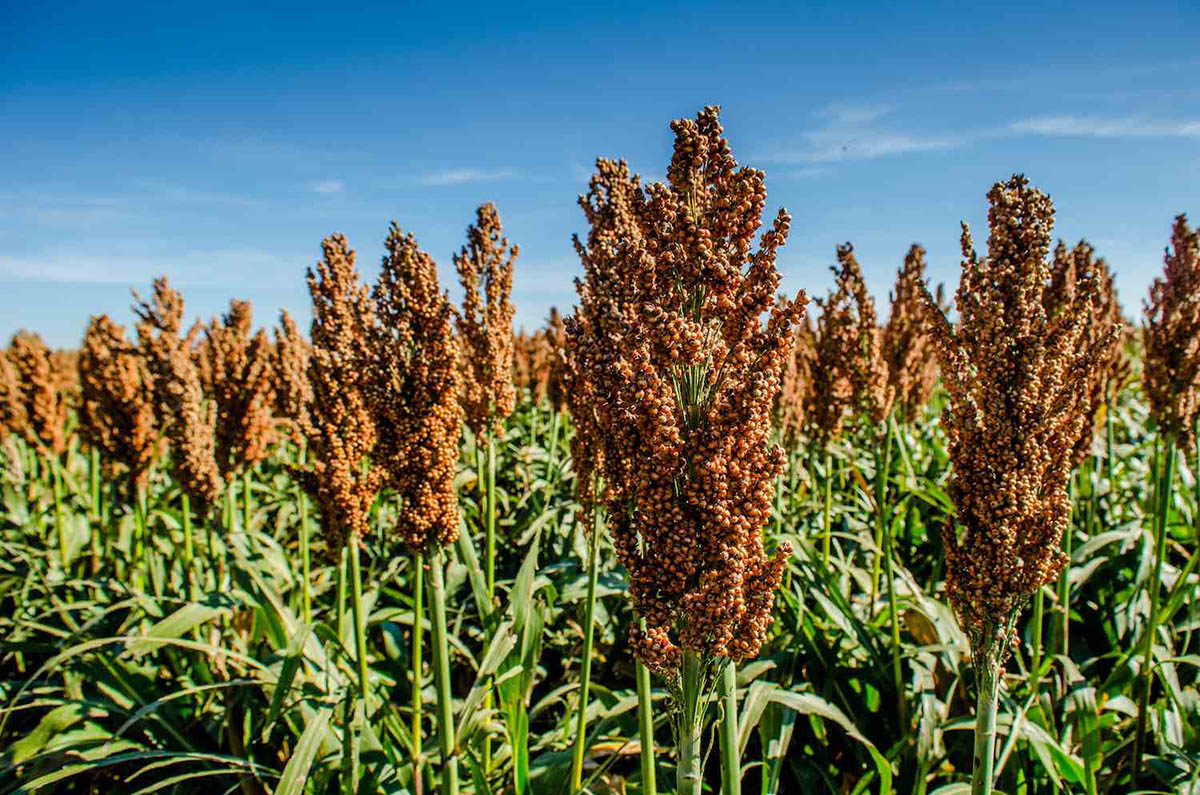



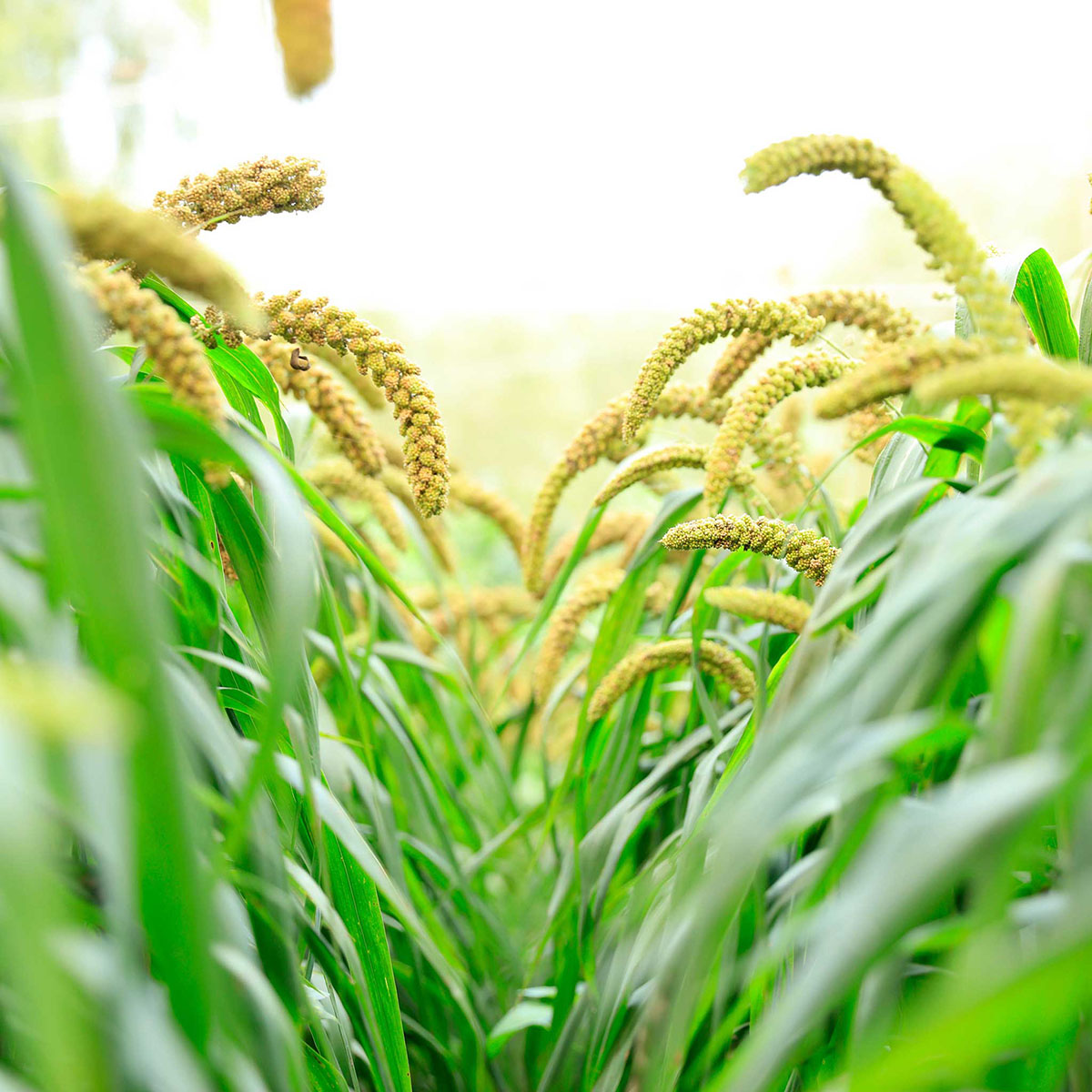
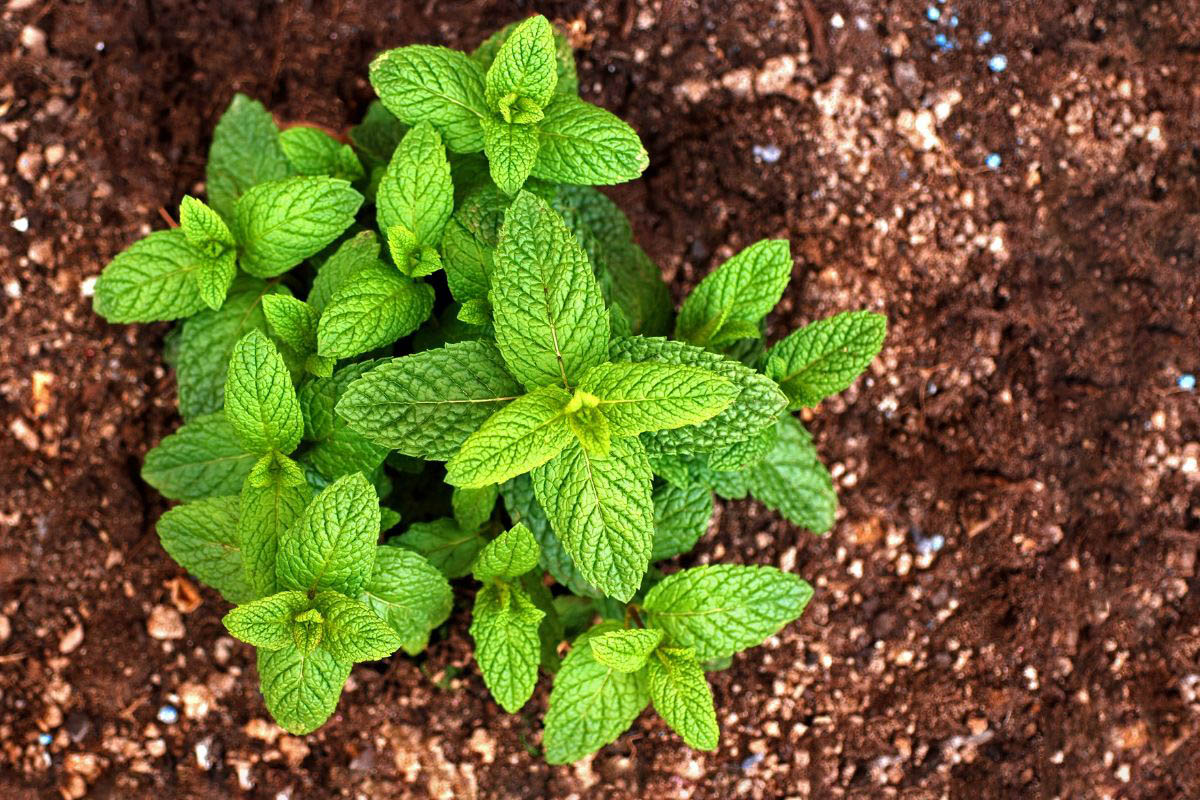

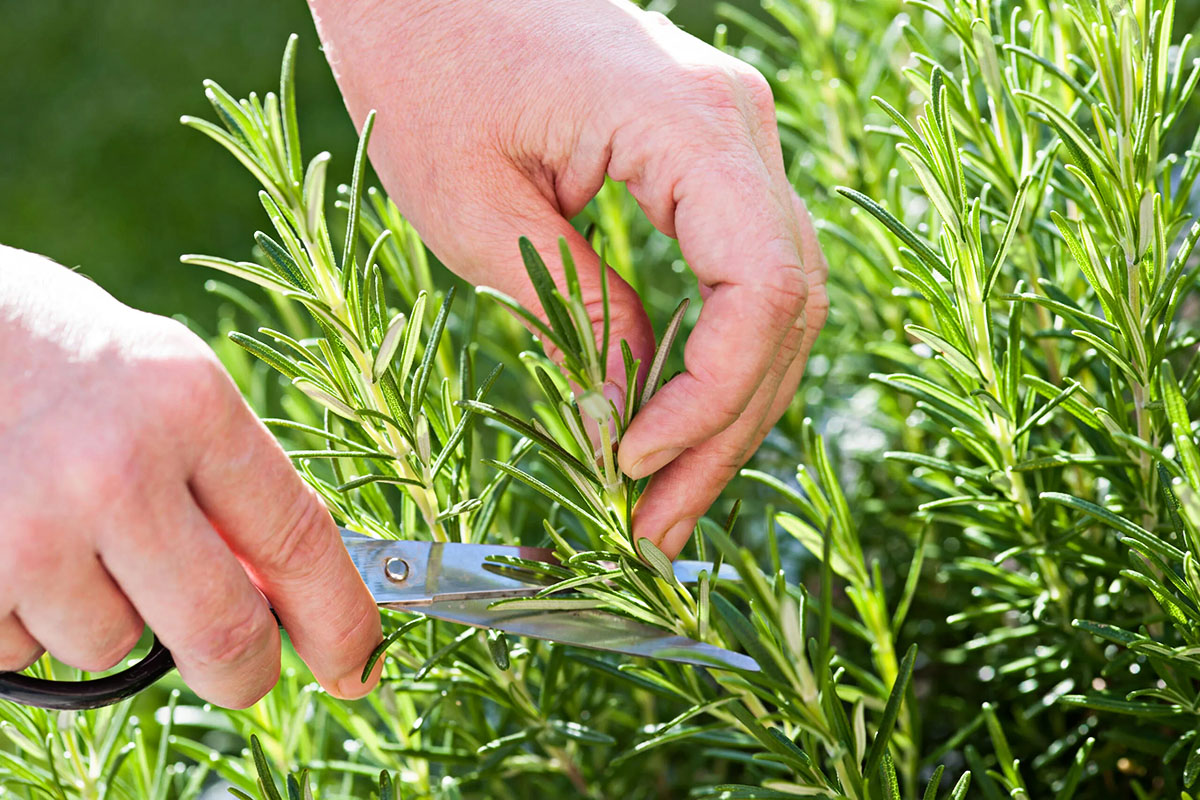
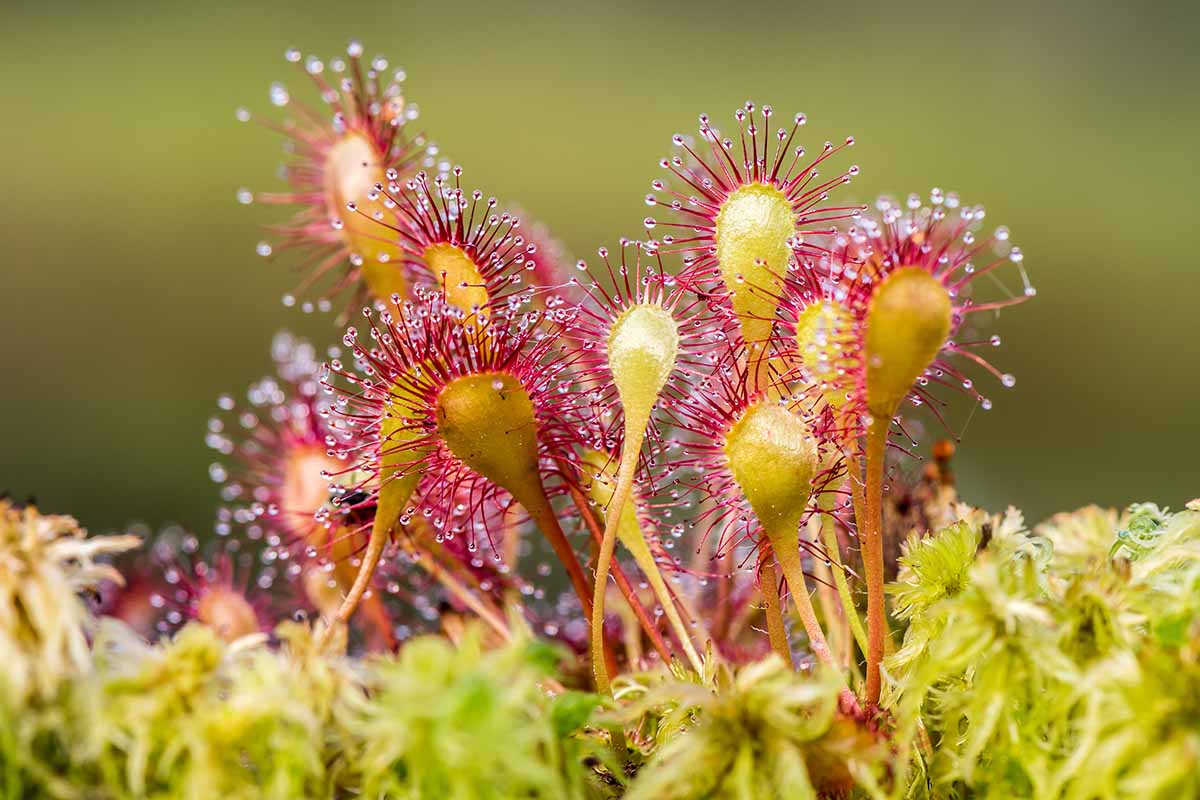
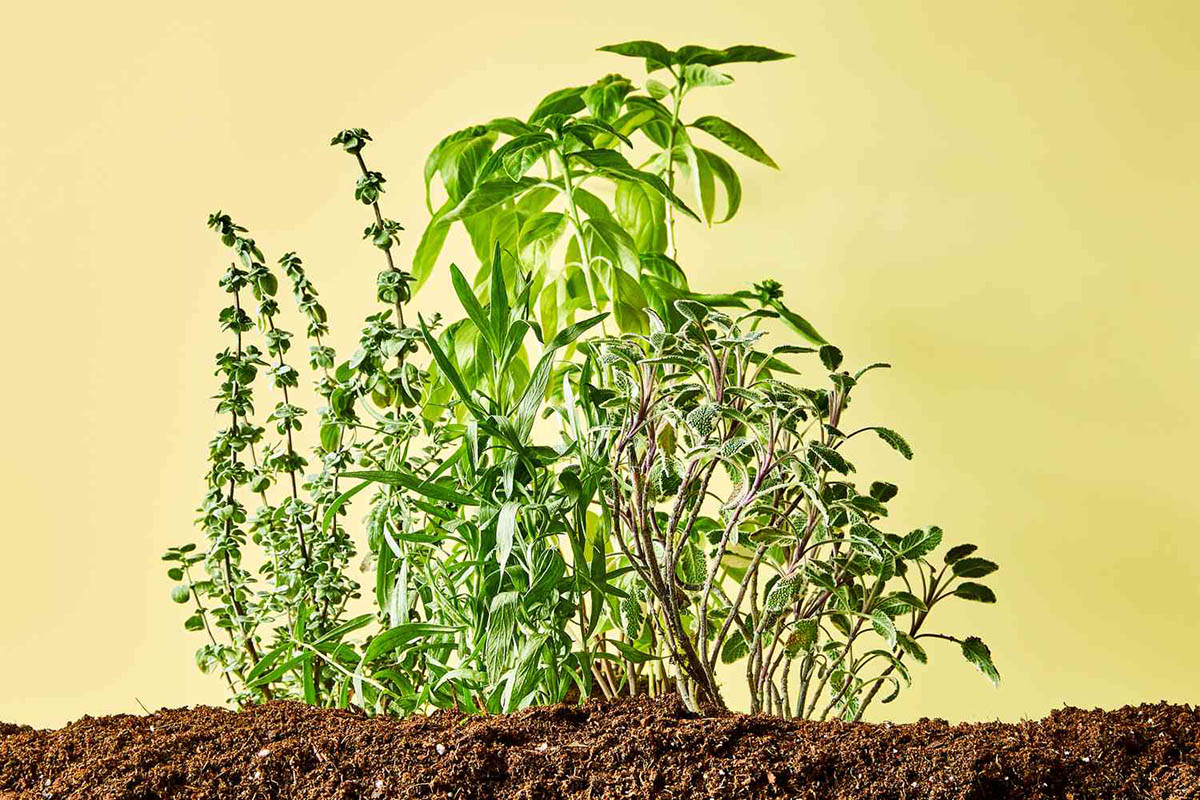
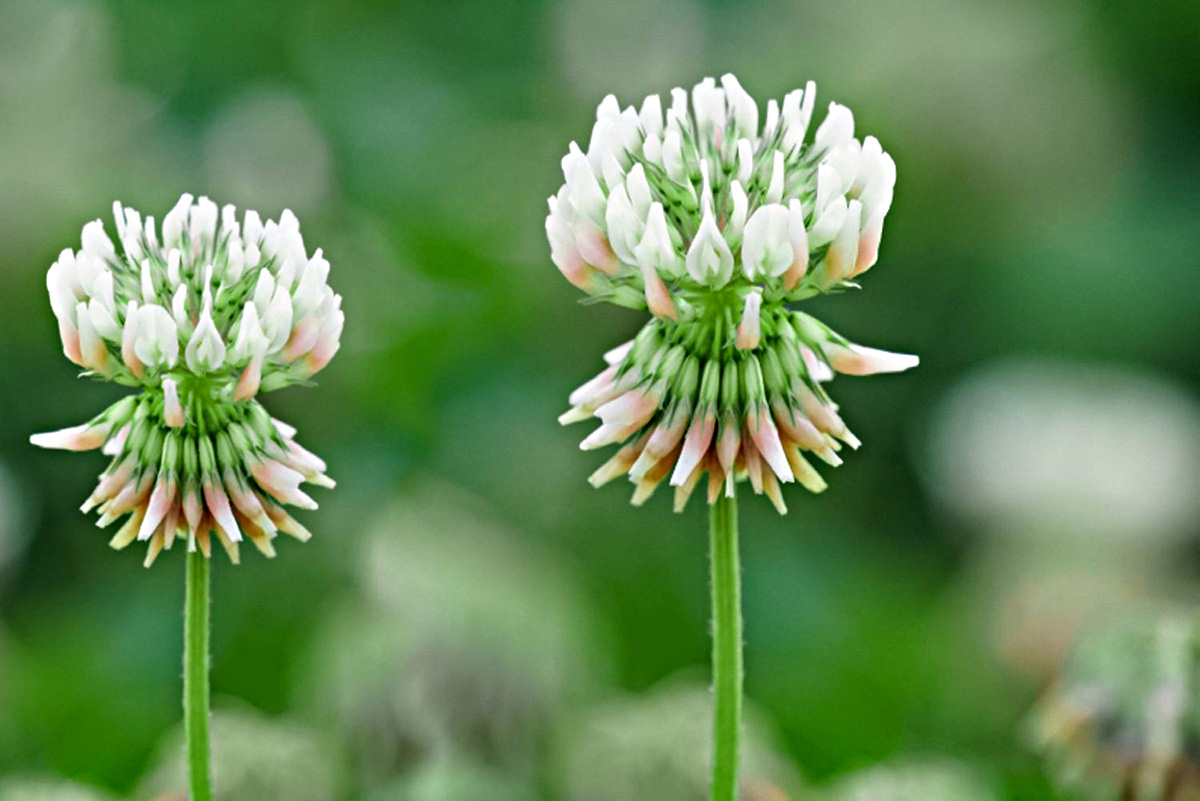
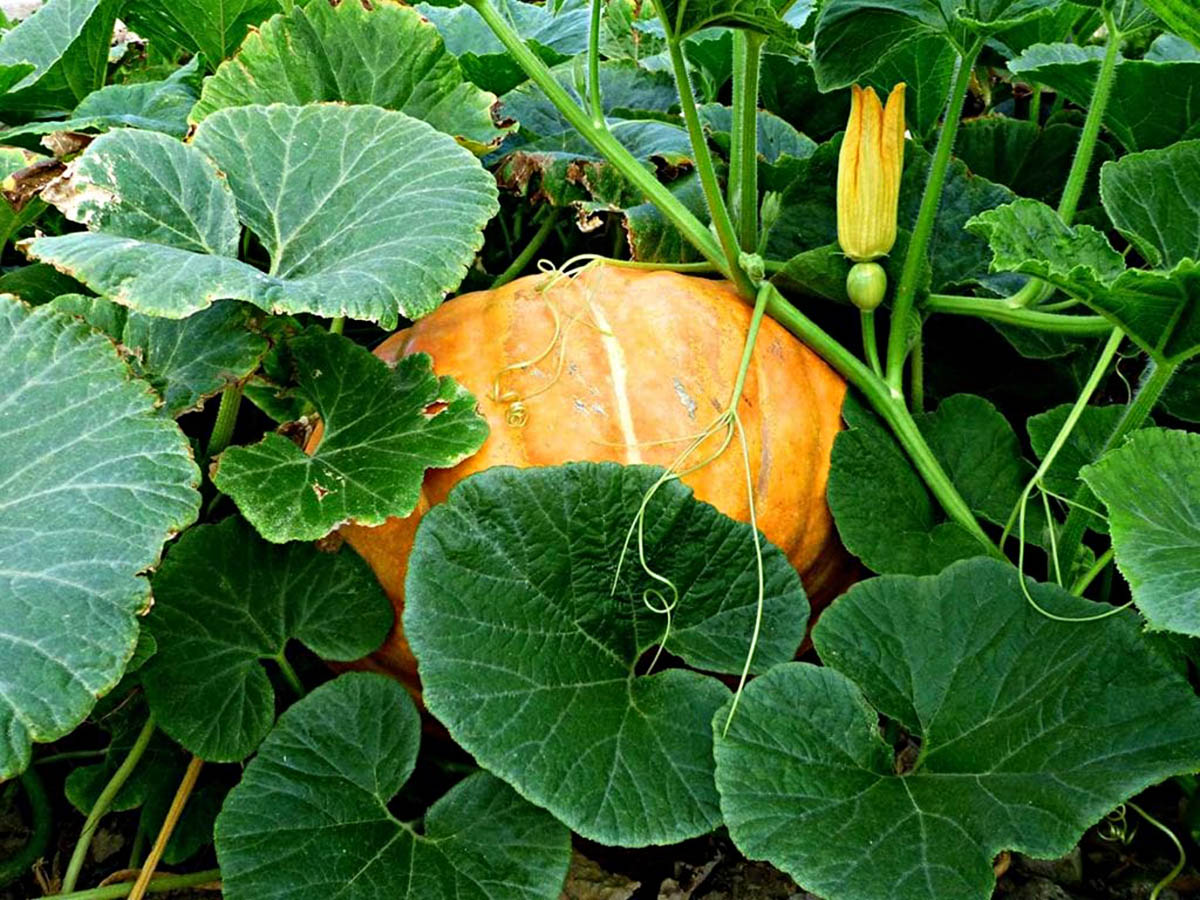

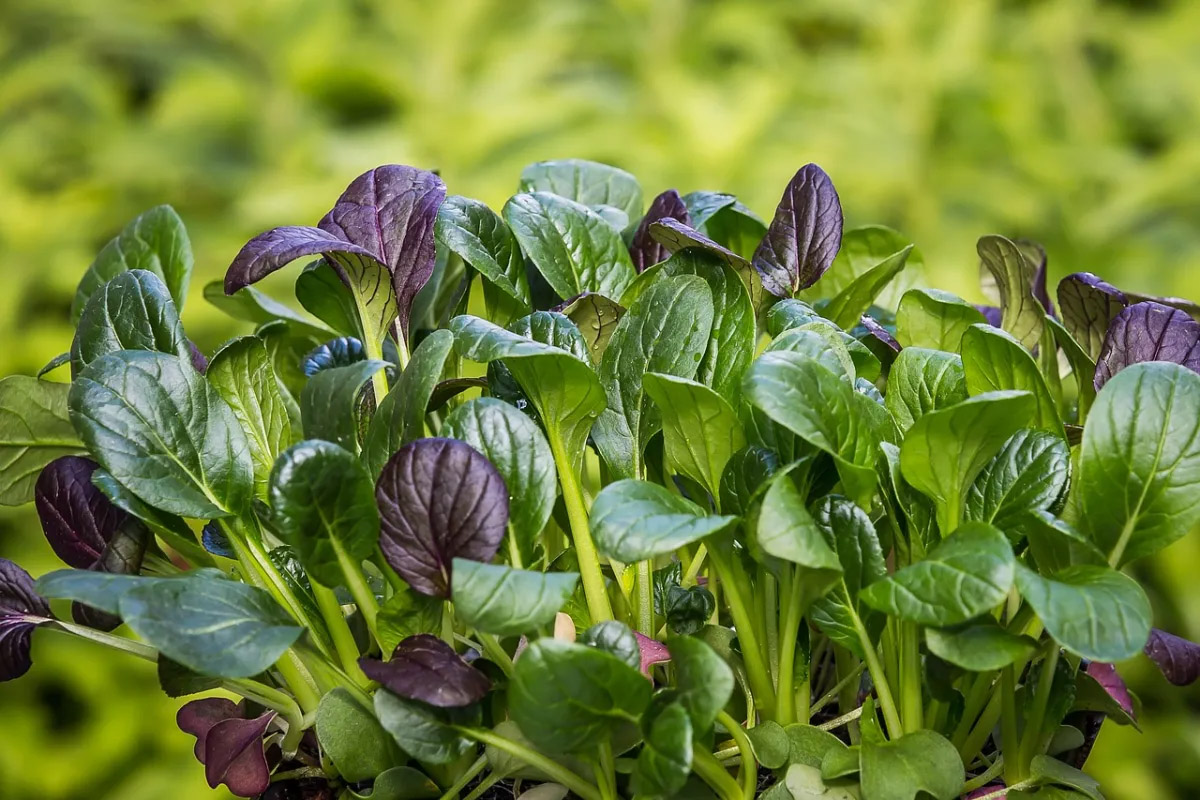

0 thoughts on “How Long Does It Take For Zucchini To Germinate”